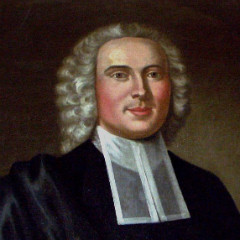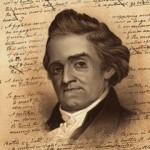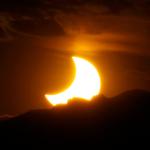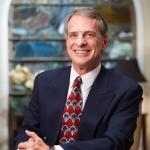
The intense fight over Obamacare’s HHS mandate highlights a real disdain for religion in public life. Obamacare has had religious detractors from the start because of abortion concerns, but they have had their own detractors among the political and chattering classes.
While paying lip service to the right of Catholic bishops to participate in the conversation, for instance, one pundit actually said (before the bill had passed) that the hierarchs were holding America “hostage” by their refusal to back down on their antiabortion lobbying. In other words, yes, speak. But not much. And for all our sakes, shut up if you’re being effective.
Here on the Fourth of July, it’s worth noting that this sentiment would have stunned the founders. In researching the life of Paul Revere, I found time and again the active role played by church leaders in their day.
In 1754, for instance, Massachusetts legislators pushed for a new sales tax. Newspapermen and pamphleteers let the ink fly and fired off acidic squibs denouncing the measure. So did pastors. From the pulpit, ministers railed against the bill in harsh terms. Rev. Samuel Cooper of Brattle Street Church in Boston even called the lawmakers “bastards” for it. Rev. Jonathan Mayhew opposed the bill as well, pointing out the burden it would place upon the poor.
Mayhew was a force to be reckoned with in matters both ecclesial and political. He battled the imposition of an Anglican bishop in America on the one hand (he was a staunch Congregationalist), and on the other preached a stemwinding sermon against the Stamp Act, kicking off America’s decade-long protest against unjust taxation. For Mayhew, the role of the minister was to speak to any subject of weight in his community. And he did, along with most others.
The political outlook of Boston preachers was so demonstrative that as the Revolution inched closer, Paul Revere left his lifelong congregation because the minister was too supportive of the establishment. He began attending West Church, where Mayhew had previously pastored.
The prophet’s job is to confront power and hold it to account, to remind its practitioners that they answer to a greater sovereign. His job is not so much to predict when God will act in history as much as to insist that he in fact will.
That task was vital during our revolutionary beginnings. And while people can point to the cultural shift from that time to this (we’re hardly as religious as we once were), the job is arguably more important now.
As government becomes more intrusive, the role of prophet is ever-more important. Pastors need to become more active and more vocal, not less so. An interventionist government assumes the right to act in nearly any situation. It needs to be shown that such expansionist plans are not always acceptable — in fact, usually not.
Policy wonks aren’t up to that task. Neither are lobbyists. Or lawyers. Or journalists.
They’re all helpful, and they should be involved. But what America needs are more prophets who will speak truth to power, embolden their flocks, and live the gospel they preach. If personal faith means anything, it’s going to have (for better or worse, depending on the example) a public impact. It’s unavoidable. It would serve America well if that impact were more deliberate and pastors more aware of the role they can play.
This isn’t to say that pastors should get involved in every political spat, or push for new legislation. They primarily should lead their flocks. But when the state acts egregiously or proposes laws that are fundamentally unjust, they shouldn’t stand by. They should follow their forebears and speak out.
Politicians and pundits oppose preacherly meddling because they want freedom to scheme and act without regard to any authority higher than their own. Fine. But we don’t have to let them. Because of those meddling pastors in 1754, the proposed tax bill failed. What would happen today if America’s ministers took their calling more seriously?
Slightly updated from a piece published at WND.com, April 16, 2010.
















